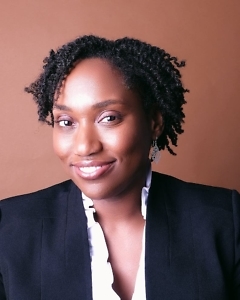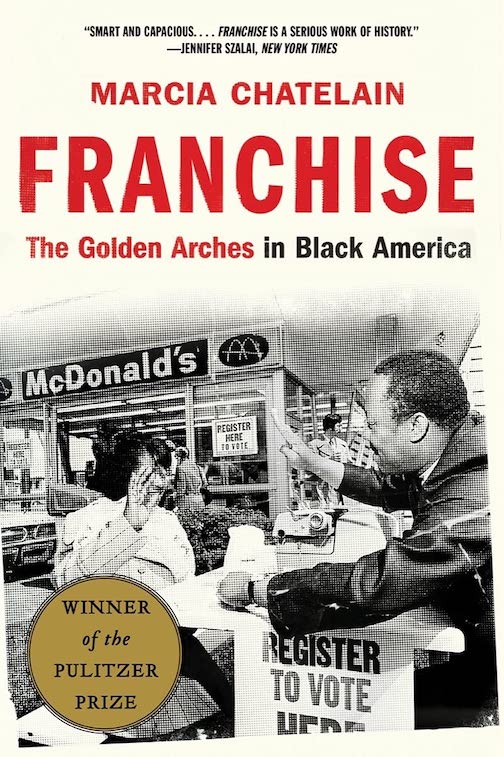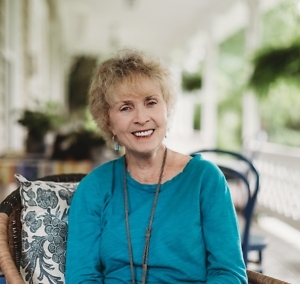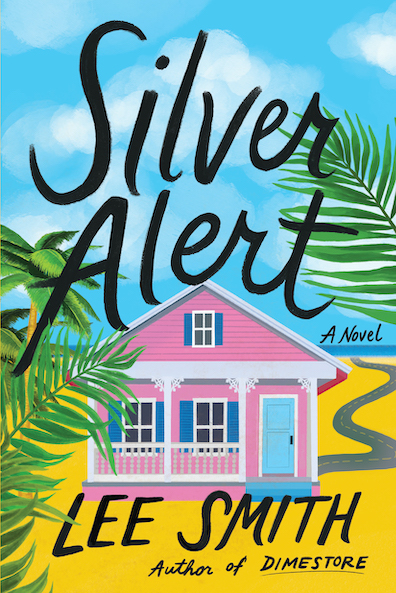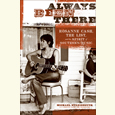Growing Up in Silence and Shame
Tayari Jones talks with Chapter 16 about the bigamous marriages at the heart of her acclaimed novel, Silver Sparrow
In Silver Sparrow, the third novel by Tayari Jones, two girls born four months apart, Dana Yarboro and Chaurisse Witherspoon, share a father, James Witherspoon, who is secretly married to both of their mothers. As the hidden, or illegitimate, mother-daughter unit of the two, Dana and her mother Gwen share a brittle bond. They spend many an afternoon together “surveilling”—spying on Chaurisse and her mother, Laverne, who runs a beauty shop, The Pink Fox, out of the home she and Chaurisse share with James in Atlanta.
Dana, growing up in the shadows of James’s double life, aches for the privilege afforded Chaurisse: an identity unrestrained by secrecy, a father who takes his place at the dinner table every night, a normal family unit. Likewise, teenage Chaurisse struggles with appearances and her own sense of dispossession: a young woman of average looks, she is immersed in a culture where beauty and wealth are always on display and just out of reach.
Called “a graceful and shining work about finding the truth” in a starred review by Library Journal, Silver Sparrow beautifully explores the complex inner lives of these two young women, whose paths eventually intersect as Dana, lured by envy and curiosity, punctures the membrane separating their two worlds. And as it does so, the novel paints a portrait of upwardly mobile, middle-class black society in the Atlanta of the 1980s.
Jones answered questions via email from Chapter 16.
Chapter 16: All three of your novels so far have been set in Atlanta, where you were born and raised. What keeps you coming back to mine this territory?
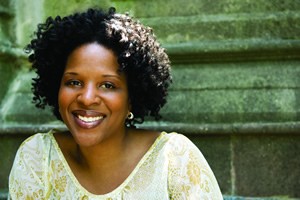 Jones: Like you said, Atlanta is my hometown, and I find the city beautiful and fascinating in the same way that an infant finds her mother to be lovely and intriguing. My attraction to the city is so instinctual that there really is no “why” to it. Atlanta is my home, my true north.
Jones: Like you said, Atlanta is my hometown, and I find the city beautiful and fascinating in the same way that an infant finds her mother to be lovely and intriguing. My attraction to the city is so instinctual that there really is no “why” to it. Atlanta is my home, my true north.
Chapter 16: Has your understanding of—or your relationship to—the city changed over the course of writing three novels set there?
Jones: Over the last decade of writing about Atlanta, I have come to see the ways that we sort of bury our history. It was an ironic discovery because so many people associate the South with an inability to get over the past. However, my research has revealed things about my very own neighborhood that I didn’t know about. For example, there was a physical barrier constructed in the 1960s to keep African Americans from moving into the neighborhood. Until I researched it, I had no idea. I grew up feeling like we’d been there forever. Sure, Atlanta is steeped in nostalgia—Gone with the Wind, anyone? But real history is kept under lock and key. My job as a novelist is to pick those locks.
Chapter 16: Aspiring writers may find it useful to work with material about which they have some firsthand knowledge, on the one hand, but about which they also feel a sense of mystery or intrigue, on the other. Would you say this description applies to Silver Sparrow for you, in one way or another?
Jones: Is this a roundabout way of asking me if Silver Sparrow is autobiographical? It’s funny, but almost every day for the last year, I have said, “My father, Mack Jones, is not a bigamist.” That said, like many people, I do come from a divided family. My parents have three children together, but my father has two daughters from a previous relationship. Because of this, I have always been fascinated by sisters who can’t quite connect. It’s a theme in all three of my novels, a creeping subtext that sort of demanded center stage in Silver Sparrow.
Chapter 16: Working at the Pink Fox, Chaurisse is a keen observer of the role beauty standards play in her life and in the lives of women and girls around her. How did you decide to make beauty—and the world of the beauty shop—such a prominent part of this novel?
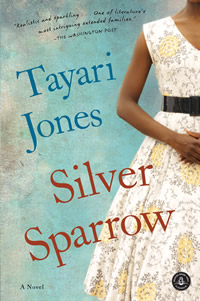 Jones: I’ve always had great respect for the women who used cosmetology as a route to financial independence—from women like Laverne, who own their own shops, to women who just do hair on the side in their kitchens. At the same time, I have always understood that beauty is a trap. The goalposts of pretty keep moving. You can’t ever be pretty enough. And there is no amount of pretty that can fix your life. So much time is wasted chasing that unicorn.
Jones: I’ve always had great respect for the women who used cosmetology as a route to financial independence—from women like Laverne, who own their own shops, to women who just do hair on the side in their kitchens. At the same time, I have always understood that beauty is a trap. The goalposts of pretty keep moving. You can’t ever be pretty enough. And there is no amount of pretty that can fix your life. So much time is wasted chasing that unicorn.
Chapter 16: In many ways, the girls’ father, James Witherspoon, defies expectations. He’s a hard-working entrepreneur and not a terribly handsome fellow; he also has a stammer. Can you talk a bit about the development of this character?
Jones: I was interested in the ordinariness of James. This story may seem to have a sensational premise—bigamy! man-sharing!—but at the end of the day, they are just regular folks in an extraordinary situation. James is like anyone’s dad, except that he has a secret family.
Chapter 16: Bigamy is a topic that’s rarely addressed in fiction or in the media. Has reader response to the novel in any way suggested that you’ve touched a nerve or parted the curtain on a phenomenon that might be more common than people seem to believe?
Jones: Although Silver Sparrow is a novel about bigamy, it is also a novel about secret families. The actual marriage between James and Gwen just makes it interesting. So many people grow up in silence and shame. I knew that secret families were fairly common—look at the cases in the news. John Edwards? (Cough, cough.) But what I hadn’t anticipated was how many people of all ages, races, and regions wanted to tell their stories. It has been an amazing experience, just to hear so many silver-sparrow sons and daughters bear witness.
[This article appeared originally on October 31, 2012. It has been updated to reflect new event information.]

Susannah Felts is a writer, editor, and educator in Nashville, as well as co-founder of The Porch Writers’ Collective, a nonprofit literary center. She is the author of This Will Go Down On Your Permanent Record, a novel, and numerous journal and magazine articles.
